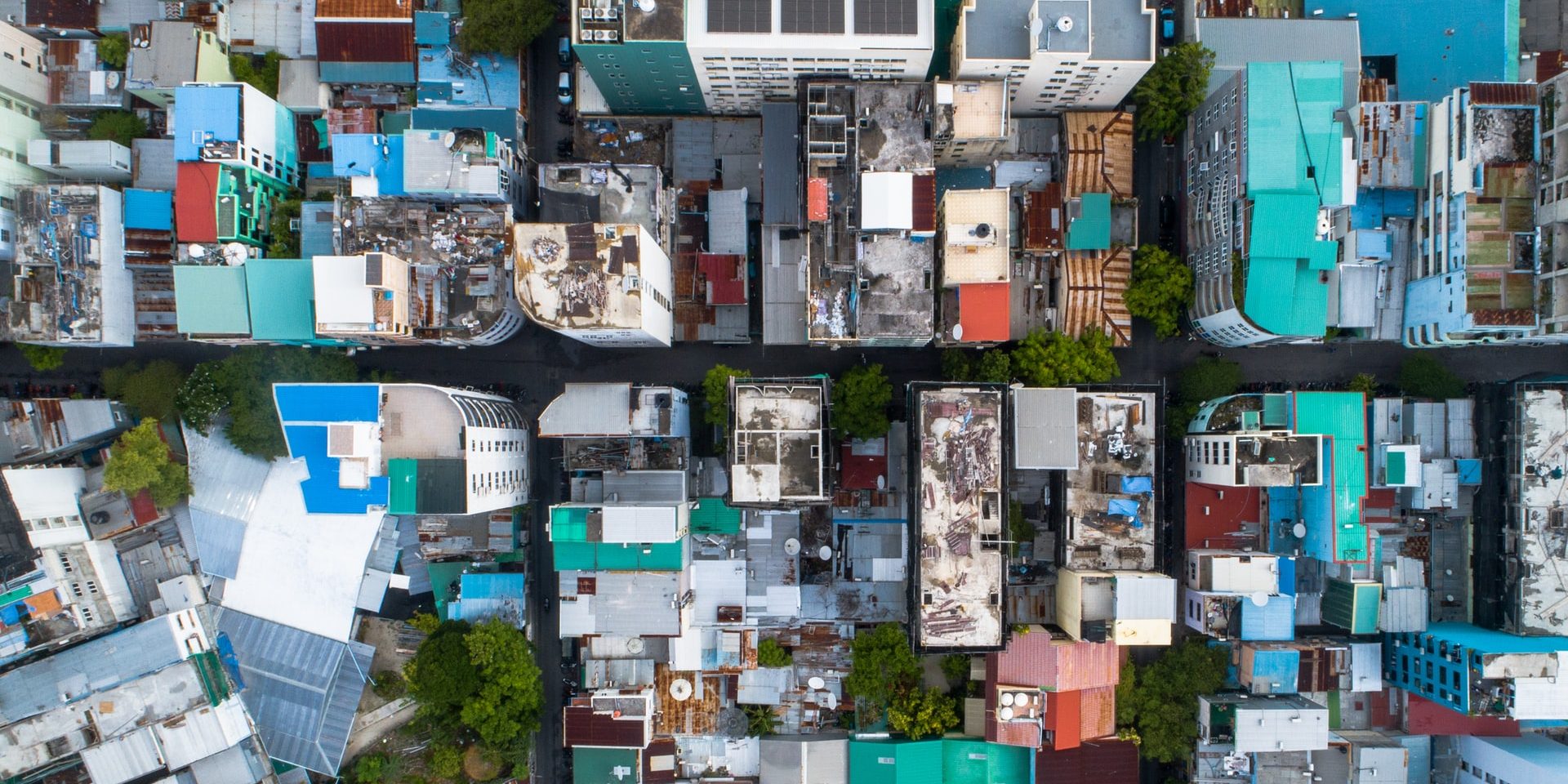
Since 1992, the University of Bergen (UiB) has collaborated with the International Science Council (ISC) to tackle poverty in the form of an earlier programme called Comparative Research Programme on Poverty. The programme focused on working collaboratively with knowledge networks, institutions and scholars to promote research and policy exchange related to poverty.
Building on this legacy, the Global Research Programme on Inequality (GRIP) integrates different empirical and theoretical, qualitative and quantitative, local and comparative/global research approaches. Designed as an interdisciplinary programme with an anchor in the social sciences, GRIP involves health, data, natural and other sciences, in co-designed processes of knowledge construction.
GRIP was established in 2019 as a collaboration between UiB and the ISC to foster co-designed processes of knowledge creation to understand the multiple dimensions of rising inequalities. GRIP is framed by the vision “Making research on inequality count” and the mission “Connecting global and critical research on inequality for a transformation of our world”. GRIP’s development is directed by their Board of Sponsors, which defines the mandate and general framework of GRIP. The Board of Sponsors includes the Rector of the University of Bergen and the President of the International Science Council.
Image by Abdulla Faiz on Unsplash